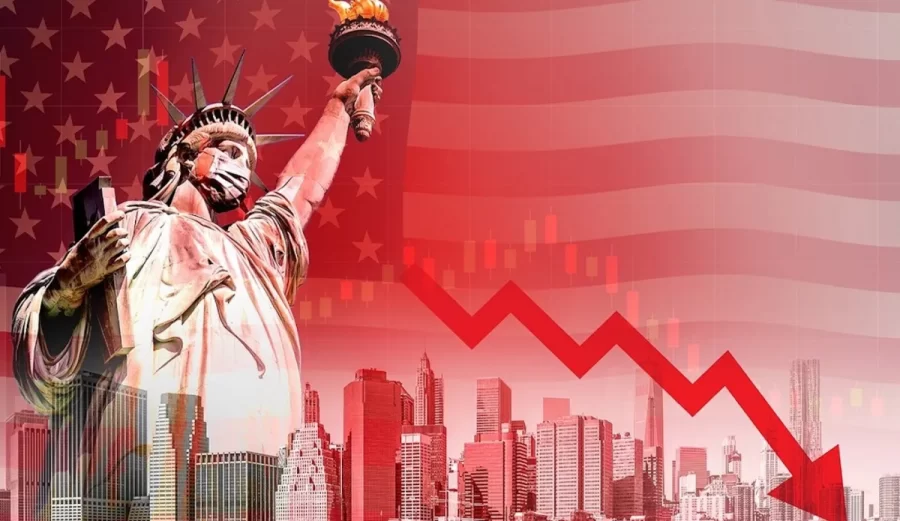ECONOMIC REPORT
The numbers: The U.S. leading economic index sank 1.2% in March and fell for the 12th month in a row, continuing to signal a recession later in 2023.
The decline was the biggest in three years. Economists polled by the Wall Street Journal had forecast a 0.7% drop.
The leading economic index, also known as the LEI, is a gauge of 10 indicators designed to show whether the economy is getting better or worse. The report is published by the nonprofit Conference Board.
A measure of current economic conditions, meanwhile, rose 0.2% in March.
The so-called lagging index — a look in the rearview mirror — fell by 0.2%.
Big picture: The economy has slowed — there’s no doubt about that. But it’s still growing for now, and the Federal Reserve might be done raising interest rates soon.

That doesn’t mean the economy is out of the danger zone. Higher rates and recent stress on the U.S. banking system could crimp spending and borrowing and spur an increase in layoffs — all the ingredients necessary for a recession.
That said, the leading index has been signaling a recession for months, but there’s still little sign of one.
Looking ahead: “Economic weakness will intensify and spread more widely throughout the U.S. economy over the coming months, leading to a recession starting in mid-2023,” said Justyna Zabinska-La Monica, senior manager of business cycle indicators at the Conference Board.
Market reaction: The Dow Jones Industrial Average and S&P 500 declined in Thursday trading.









